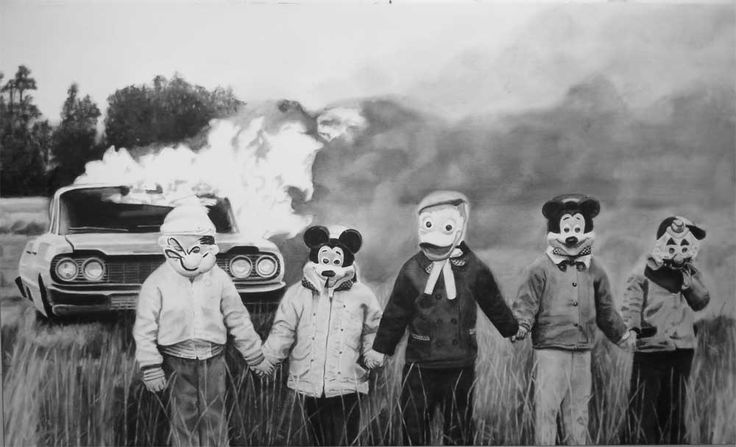Seat belts may save us in case of an accident, airbags can inflate to cushion our impact, but it would be far more difficult to soften the blow should climate change deliver to us continent-sized superstorms. While it may seem counterintuitive to say that human extinction is more likely to kill any of us individually than car crashes are, modeling suggests that’s probably the case. From Robinson Meyer at the Atlantic:
Nuclear war. Climate change. Pandemics that kill tens of millions.
These are the most viable threats to globally organized civilization. They’re the stuff of nightmares and blockbusters—but unlike sea monsters or zombie viruses, they’re real, part of the calculus that political leaders consider everyday. And according to a new report from the U.K.-based Global Challenges Foundation, they’re much more likely than we might think.
In its annual report on “global catastrophic risk,” the nonprofit debuted a startling statistic: Across the span of their lives, the average American is more than five times likelier to die during a human-extinction event than in a car crash.
Partly that’s because the average person will probably not die in an automobile accident. Every year, one in 9,395 people die in a crash; that translates to about a 0.01 percent chance per year. But that chance compounds over the course of a lifetime. At life-long scales, one in 120 Americans die in an accident.
The risk of human extinction due to climate change—or an accidental nuclear war—is much higher than that.•

